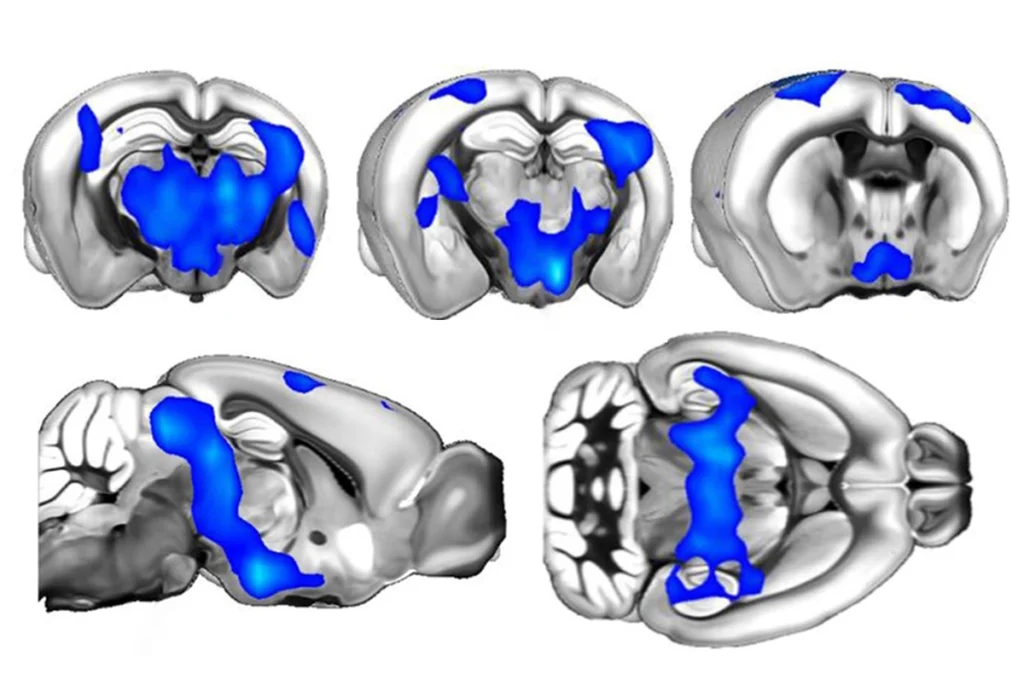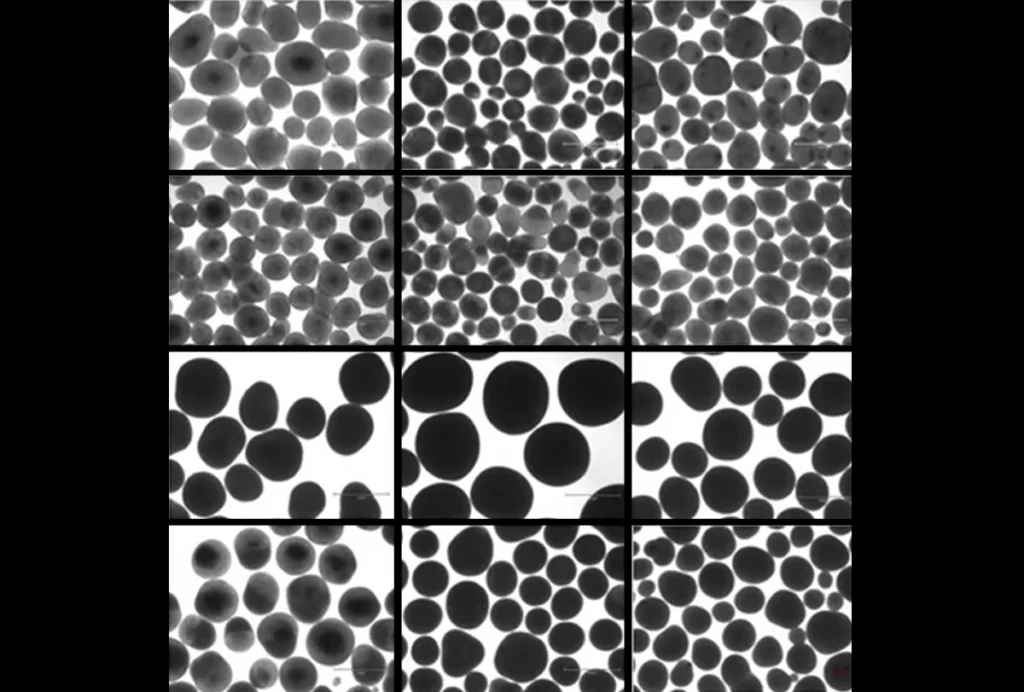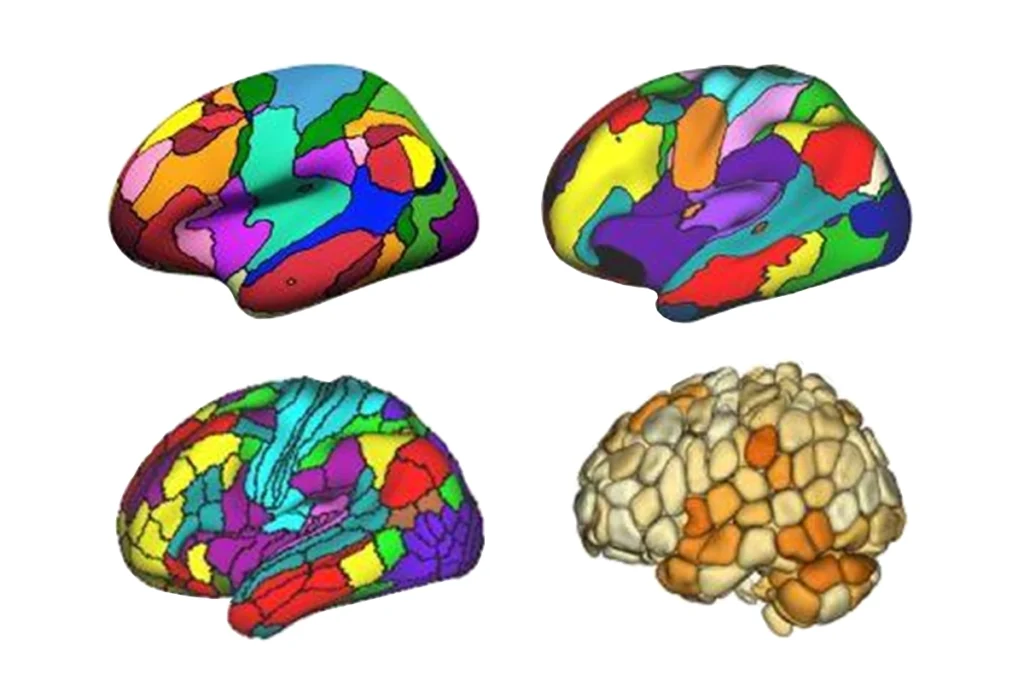In this clip, Marco Pagani, a research fellow at the Italian Institute of Technology in Roverto, Italy, and the Child Mind Institute in New York City, describes the main findings from his experiments, in which he took a cross-species approach to subtyping autism using fMRI. Pagani presented a poster describing his work on Wednesday, 16 November, at Neuroscience 2022.
Transcript:
Marco Pagani: So, what are the main findings of my study? Well, there are many. One is for sure that brain imaging — for example, fMRI — can be used to reliably decompose the complexity of autism into meaningful subtypes. And second one is that this can be done by using cross-species fMRI, where you can use the mouse as a model organism to connect autism etiologies to brain functioning. And the third one is that our approach is able to identify novel and undiscovered subtypes of autism — one characterized by dominant hyperfunctional hyperconnectivity and the other one characterized by dominant hypoconnectivity. To conclude, these results are also important for clinical purposes, as each of the two subtypes is characterized by a specific behavioral profile.





